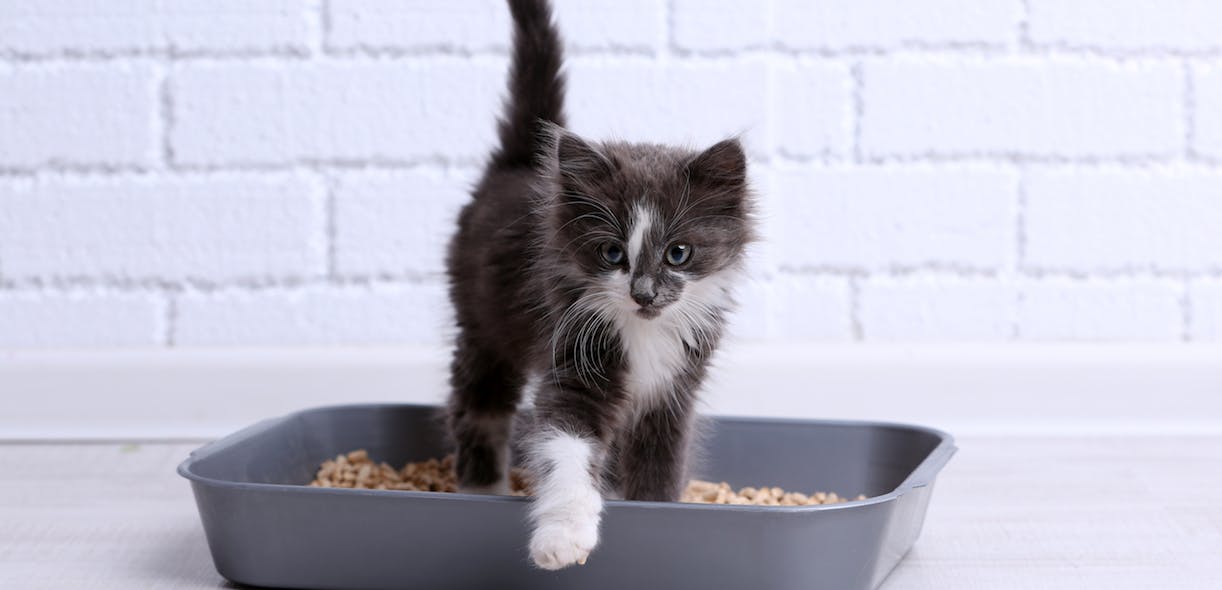Providing just the right materials for kitty to happily take care of their business represents an important market that, in the past, has transformed millions of tonnes of clay every year. As they become increasingly aware of their environmental footprints, concerned pet owners are exploring new, all-natural products which are frequently the by-products of other industries.
Walnut shells
Based in sunny California, Naturally Fresh, creates a range of cat litters from 100% natural walnut shells. Odor absorbing and more absorbent than traditional clay litters, this seemingly exotic option also has the advantage of being low on dust.
Wheat
In 1994, a family in Minnesota created the first wheat-based cat litter, sWheat Scoop. The enzymes and starches naturally found in wheat provide the clumping and odor-cancelling properties of this locally grown renewable resource.
Pine pellets
Typically made from 100% pine chippings compressed at high temperatures, pine pellets clump when moistened and provide long-lasting odor control. The quality of this forestry by-product can vary from one supplier to another and may kick up dust.
Recycled-paper pellets
A recycled paper option is a dust-free option that's ideal for a household with allergies or asthma. It's more absorbent than traditional clay cat litter and an environmental choice that's great for long-haired cats because it doesn't stick to their hair. Clean frequently to avoid smells.
Corn
Corn pellets are a light and dust-free solution which are usually made from compressed corn—although some brands may also contain other products. Note that storing corn litter in moist conditions can result in the formation of dangerous mycotoxins.
What's best?
Ultimately, your cat holds the answer. They will no doubt be looking for a clean, quiet, odor-free, non-sticky, non-dusty, “safe and sound” setting in which to spend a few solitary moments. And, if you're feeling ambitious, when not try out CityKitty?

Alternative cat litters for the modern kitty
September 16, 2020
It’s a multibillion dollar industry that’s looking beyond traditional clay-based options at a new range of more environmentally-friendly, moisture-trapping, odor-free solutions that please the most finicky of felines.